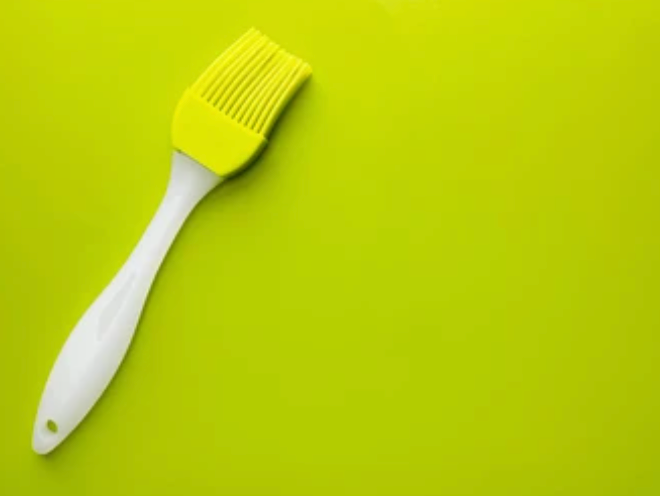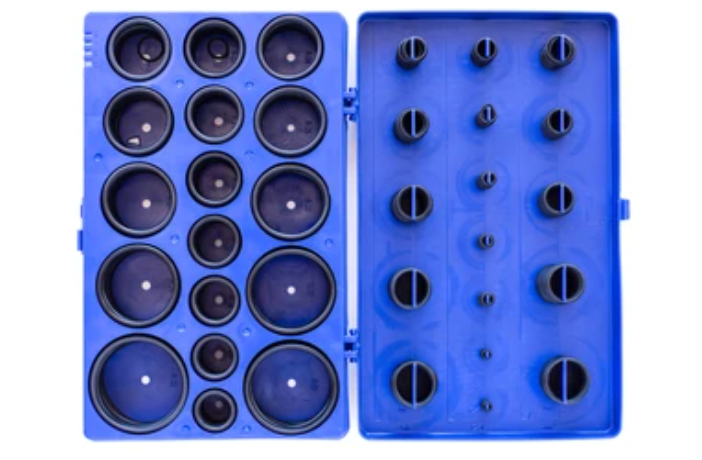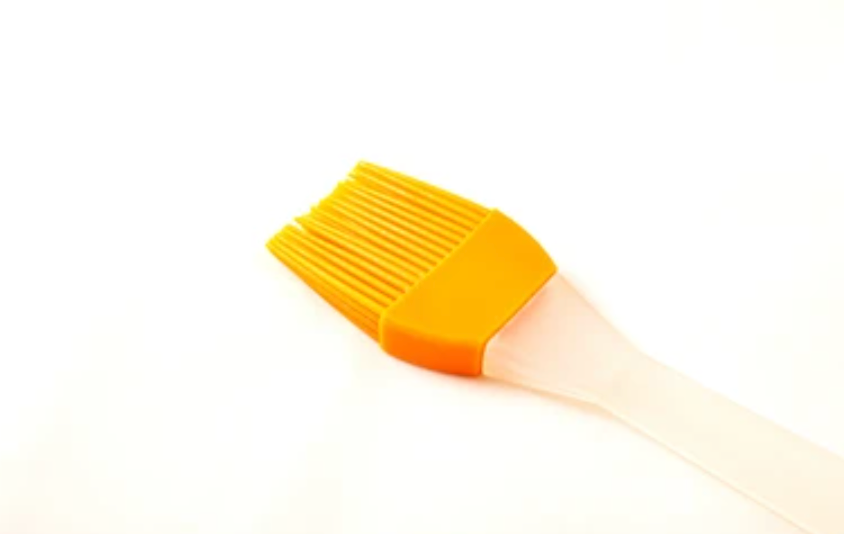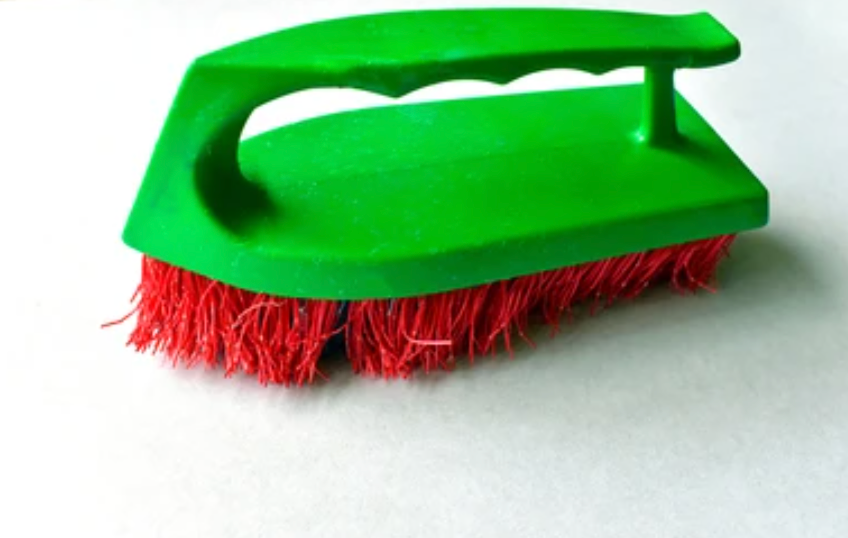In this blog post, we’ll discuss the environmental benefits of high-quality silicone products, examine their role in the household product sector, and provide insights on how it contributes to a more sustainable world. Let’s delve into why pure silicone is the eco-friendly choice you should consider.
Sustainable Properties of Silicone Rubber
Ever wondered why silicone products are gaining popularity as an eco-friendly choice? The answer lies in its unique, sustainable properties. From biodegradability to recyclability and the absence of harmful chemicals, silicone is truly a champion in the realm of environmentally friendly materials. Let’s explore these features further.

Biodegradability
One of the key sustainable features of silicone biodegradable rubber is its biodegradability. Unlike plastic or other synthetic materials laden with chemical fillers, silicone is better for the environment. It breaks down over time into harmless ingredients, like silica, carbon dioxide, and water, causing no pollution to the soil or air.
Recyclability of Silicone Products
Silicone products can be recycled. Again, this contrasts with many plastic-based materials, which often end up in landfills or oceans, causing severe environmental issues. On the other hand, silicone products can be reused and repurposed, making it a responsible choice for the environmentally conscious. Hence, you often see recycled silicone or silicone recycled into new products.
Absence of Harmful Chemicals in Silicone
Silicone does not contain toxic chemicals, which is a notable advantage compared to other materials. Unlike silicone, many products made from plastics or filled with chemical compounds can release toxic substances over time. Silicone, however, is inert and doesn’t leach chemicals, making it safer for both people and the planet.
Advancements in Silicone Recycling Technologies
With growing awareness about sustainability, advancements in silicone recycling technologies are on the rise. Researchers have recently developed new methods of recycling silicone, turning it into reusable silicone oil or creating new silicone products.
For instance, a study published in the Journal of Cleaner Production revealed a novel method for recycling silicone waste into high-quality silicone oils, highlighting a promising solution for managing silicone waste efficiently. These advancements significantly reduce silicone-based products’ environmental impact, reinforcing silicone rubber’s status as an eco-friendly material. However, not all silicone products are 100% recyclable.
Silicone Vs. Other Materials
Regarding the eco-impact of materials, not all are created equal. Let’s look at how silicone stacks up against commonly used materials like plastic and consider other alternatives. This comparison will help you make an informed decision for your next project, keeping environmental responsibility at its core. Read on to understand why silicone often comes out on top.

Drawbacks of Plastic in Terms of Environmental Impact
Plastic, a widely used material, has significant environmental drawbacks. In fact, about 8 million tons of plastic waste end up in our oceans each year, contributing to the destruction of marine life. Plastic takes hundreds of years to decompose, leading to landfill build-up. It also releases harmful chemicals as it breaks down, polluting the soil and groundwater.
In summary, the environmental impact of plastic includes:
- Contribution to marine pollution: Approximately 8 million tons of plastic waste enter the oceans annually.
- Long decomposition time: Plastic can take hundreds of years to fully decompose.
- Pollution during decomposition: As plastic breaks down, it can release toxic chemicals into the soil and groundwater.
Other Alternatives to Silicone
While silicone is a fantastic choice for eco-friendliness, other alternatives exist. These include materials like glass, stainless steel, and bamboo. However, it’s worth noting that each of these materials has its own pros and cons.
For instance, glass and steel are durable and recyclable, but they require more energy to produce and transport due to their weight. Bamboo, while renewable and compostable, isn’t as durable as silicone or suitable for all types of products. Therefore, silicone remains a top choice for its balance of environmental friendliness, durability, and versatility.

In brief, the silicone alternatives have the following characteristics:
- Glass and Steel: Both are durable and recyclable but require more energy for production and transportation.
- Bamboo: This is renewable and compostable but lacks the durability of silicone and is not suitable for all types of products.
- Silicone: This is eco-friendly, durable, versatile, and holds an edge over other materials.
Applications of Silicone Rubber in Household Products
Ever marveled at the sheer number of silicone-based items you encounter daily? From sippy cups to spatulas, sealants to phone cases, silicone is silently revolutionizing our households. But why is it such a big deal? Let’s unravel the mystery and discover how silicone makes our homes safer, more sustainable, and downright more convenient!
Silicone Cookware and Food Storage
Silicone products are a superstar in the kitchen! The heat resistance of silicone makes it perfect for cookware like baking trays and spatulas. They can withstand extremely high temperatures without melting or releasing harmful substances.

On top of that, silicone food storage containers are a great way to reduce single-use plastic. They are flexible, unbreakable, and can go from the freezer to the microwave, making them versatile.
Key Benefits:
- Heat resistant
- Flexible and unbreakable
- Reusable, reducing plastic waste
Baby Nipples and Toys
When it comes to our little ones, we want the safest options. Silicone is often the material of choice for baby nipples and toys. Its hypoallergenic properties mean it’s unlikely to cause allergic reactions.
Moreover, silicone products are very durable. Toys made of this material can withstand heavy use by babies and toddlers. It’s also easy to clean – another bonus for busy parents!
Key Benefits:
- Hypoallergenic
- Durable and long-lasting
- Easy to clean
Health and Beauty Products
Ever noticed silicone in your hairbrushes or beauty tools? Its hypoallergenic and easy-to-clean nature makes it a fantastic choice. Silicone items can be sanitized without damage, which is important for items used on our skin and hair. Even silicone menstrual cups are quite popular for their safety and hygiene.
Key Benefits:
- Hypoallergenic
- It can be easily sanitized
- Gentle on skin and hair
Home Improvement and Maintenance
Silicone sealants and adhesives play a big role in home improvement. They are durable, water-resistant, and can handle temperature changes – perfect for use indoors and out. Plus, their long life means less frequent replacements and less waste.

Key Benefits:
- Durable and water-resistant
- Tolerant of temperature changes
- Long lifespan reduces waste
Electronics
Silicone products can also be found protecting our electronics. Its shock-absorbing properties make it ideal for phone and tablet cases. Also, silicone’s heat resistance is beneficial in parts of electronic devices that heat up.
Key Benefits:
- Shock-absorbing
- Heat resistant
- Protects expensive devices
Impact of Silicone Rubber on the Environment
As we reach the end of this exploration, let’s discuss something very important – the positive impact of silicone plastic on our environment. Beyond its remarkable properties, Silicone plays a part in reducing waste and combating plastic pollution. But how?

Reducing Replacements and Minimizing Waste
Silicone rubber is praised for its impressive longevity. Its resilience and ability to withstand extreme temperatures mean that household items made from silicone don’t need to be replaced as often, leading to less overall waste. This longevity is especially beneficial in items like silicone food storage silicone bags, which can replace even thousands of single-use plastic bags over their lifetime.
Mitigating Plastic Pollution
Silicone products also play a significant role in the fight against plastic pollution. Unlike plastic, which breaks down into harmful microplastics, silicone products remain intact over time. This property reduces the chance of them contaminating our ecosystems when discarded.
In cases where disposal is the only option, silicone is still a more environmentally friendly choice. Exciting advancements in technology are being made in the field of silicone recycling, where old silicone products are turned into new ones, helping keep them out of our oceans and landfills.
Conclusion
Silicone rubber is more than just a versatile material; it’s a sustainable, eco-friendly choice for numerous household products. As we strive to make environmentally conscious decisions, embracing silicone rubber aligns our daily necessities with global sustainability efforts. For more insights and to explore our silicone products further, visit our website. Let’s together shape a better, greener future!
Make the Green Choice Today!
At Hongju Silicone, we’re committed to delivering high-quality silicone eco-friendly solutions that meet your needs while respecting our planet. By choosing us, you’re not just opting for superior products but embracing a sustainable future. Discover our extensive rubber capabilities, understand how we can support your business, and join us in making a greener choice. And let’s shape a sustainable future together!